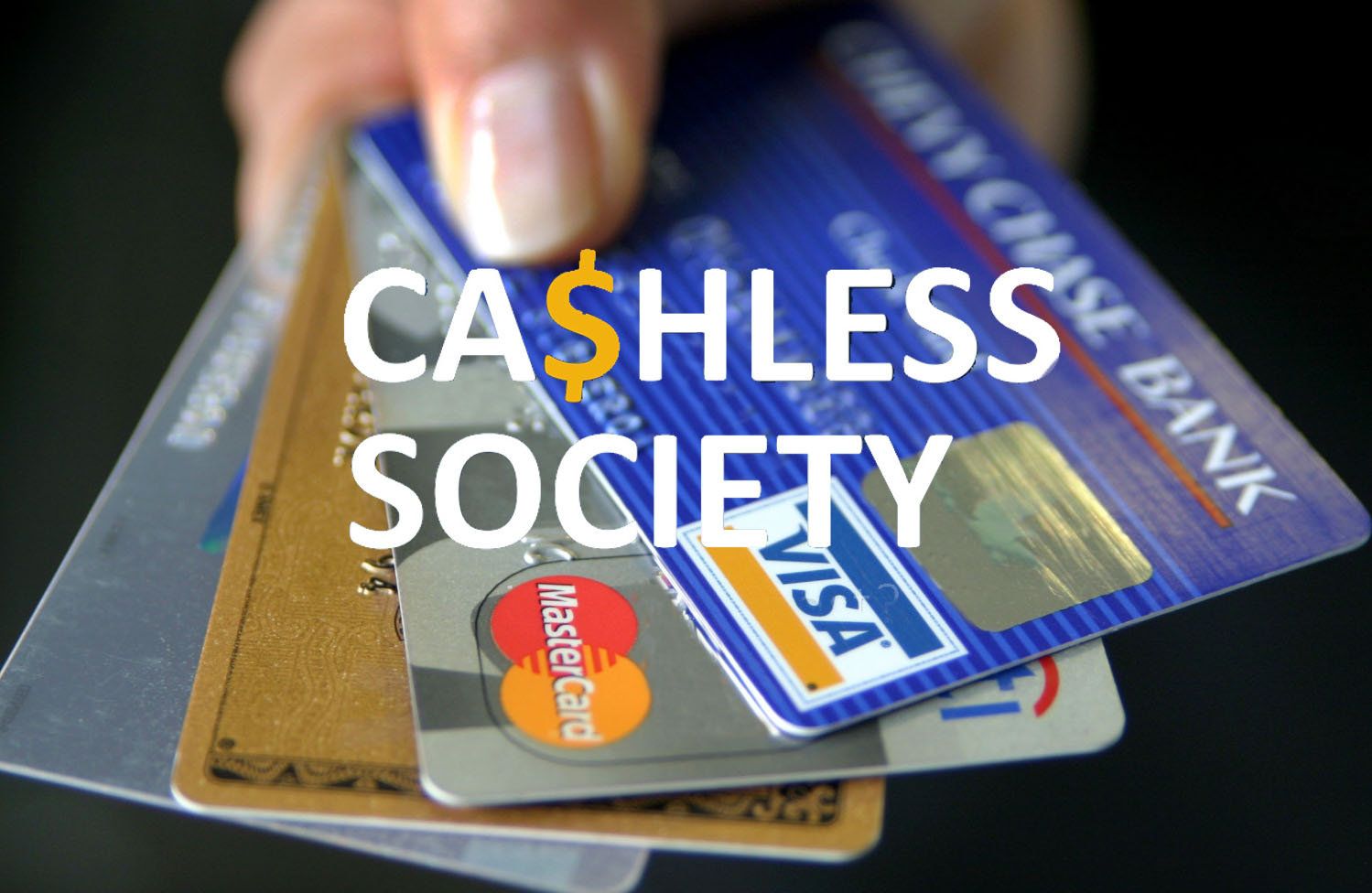It has been said if you listen closely, you can hear money talking louder than any other person in the room. For centuries, those with greater access to capital have had the privilege of sitting in the driver’s seat, while others living with
After they invited block printing (think stamps), the government started to print money because metal coins were far too heavy to carry compared to the featherweight nature of paper. Prior to the Tang Dynasty getting that paper, dozens of ancient civilizations used bartering systems to trade for what they needed. Ultimately, someone decided that coins and paper money held greater intrinsic value than shiny rocks or three seashells.
In the thousands of years following the introduction of paper currency, we’ve seen a tidal shift in not only what money looks like, but how it is spent. According to an April 2017 survey, 40% of internet users in developed countries stated that they purchase items online at least “several times per month.” As we’ve seen with the rise of e-commerce sites like Amazon.com and other online shopping platforms, consumers are losing interest in buying products at brick-and-mortar locations.
Ironically enough, 70% of Americans still say they use paper money on a weekly basis, but several financial analysts believe the global economy is headed in a cashless direction.
According to reports, Sweden, a nation lauded for being both technologically advanced and full of delicious meatballs, is expected to go completely cashless by March 2023, at which point cash will not be accepted any longer as a form of payment. Back in 2012, the six largest banks in Sweden collaborated to develop a mobile payment platform called Swish, which is now used by millions of Swedes every day.
TechCrunch recently published a piece discussing how the Chinese government plans to implement the “Village Revitalization Strategic Plan,” which is designed to improve the efficiency and level of financial services for rural communities across the nation.
The goal, according to the set of guidelines jointly published by China’s central bank, the Banking and Insurance Regulatory Commission, the Securities Regulatory Commission, the Ministry of Finance, and the Ministry of Agricultural and Rural Affairs, is to “make mobile payments ubiquitous in rural China by the end of 2020.
If we examine America’s potential to shift towards a cashless society, which could catalyze a global movement, the odds of this taking place are fairly likely. According to a 2017 survey conducted by CNBC, 50% of respondents said they carry cash with them less than half of the time when they are out, and if they do, 76% said they keep less than $50 on hand.
This trend has driven consumers to shift towards the use of debit cards. However, younger generations under the age of 18 cannot have their own checking account, so this has left a significant portion of the American population at an economic disadvantage.
Luckily, a new mobile banking startup called Step wants to assist the next generation in understanding the value of a cashless dollar. The Company, founded by CJ MacDonald and Alexey Kalinichenko, former execs from the mobile gift card platform Gyft, started Step to help the nearly 75 million children and young adults under the age of 21 in the U.S., who are burdened by having to use cash for all their purchases.
“Step” is banking on (apologies for the pun) the youthful spirit of todays’ teenagers who are hot to buy items on Amazon.com or purchase in-app downloads on their smartphones but are too young to have a debit/credit card. Step CEO Macdonald says the market for the startup isn’t based on the “unbanked,” it’s the “pre-banked.”
“We’re building an all-in-one banking solution that primarily focuses on teens and parents. We want it to be a teen’s first bank account. We want to be a teen’s first spending card. And we want to teach financially literacy and responsibility firsthand.”
–CJ MacDonald, Chief Executive Officer, Step





